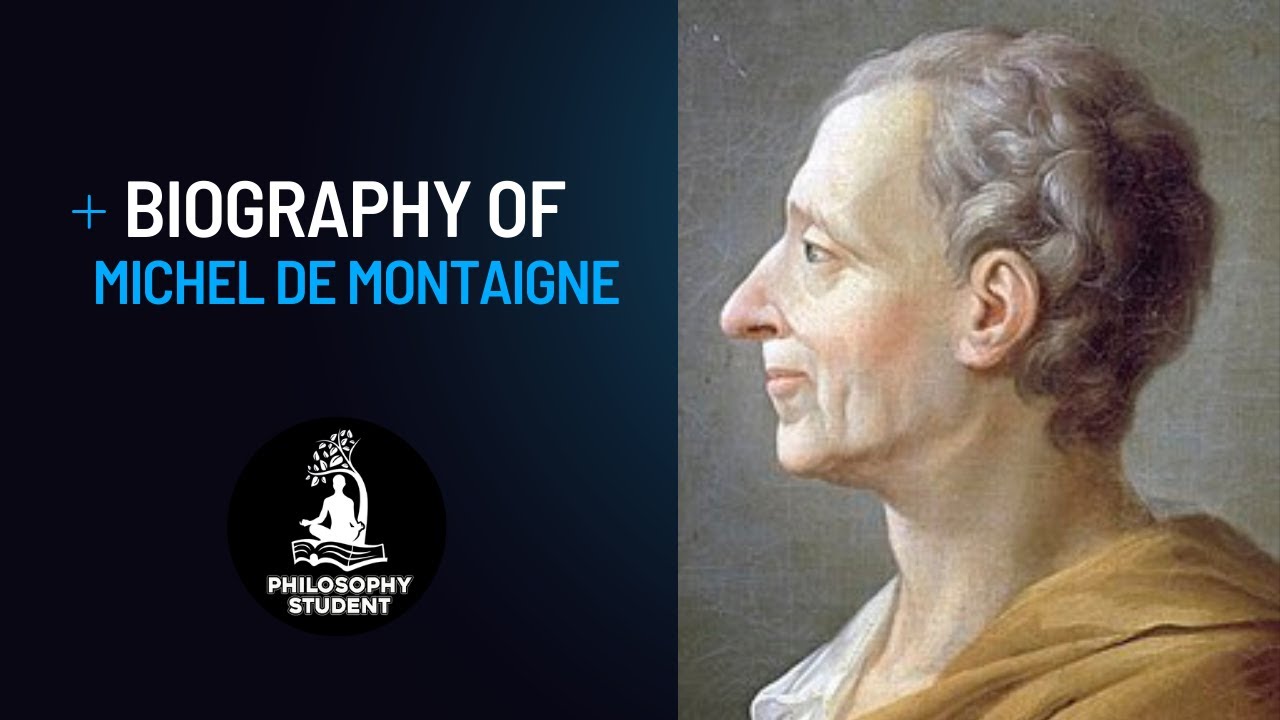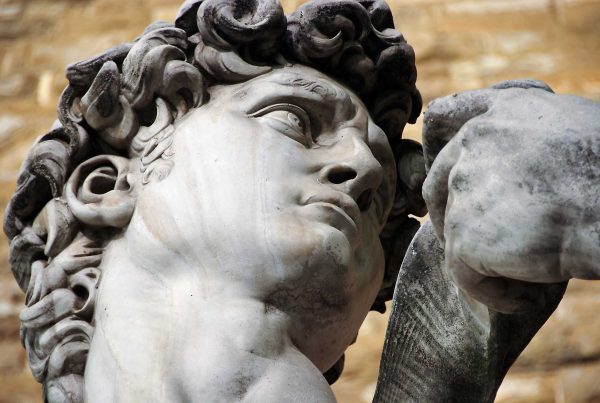Montesquieu was born at Chateau de La Brède, near Bordeaux on January 18, 1689, into a noble family of lawyers. From 1700 to 1705, he attended Oratorian College de Juilly, and then studied law in Bordeaux from 1705 to 1708 and in Paris from 1708 to 1713. He served in the parlement of Bordeaux from 1714 to 1726, and in 1716 was elevated to membership in the Académie de Bordeaux
Prior to the publication of his most celebrated literary work, Persian Letters (1721), a satirical epistolary novel on the philosophical theme of the virtual impossibility of self knowledge, Montesquieu devoted himself mainly to scientific research. After the novel made him a celebrity, he became a fixture in Parisian intellectual circles and the social establishment. In 1728, he was elected to L’Académie française and launched himself on a tour of the Continent (1728-1729) and a two-year sojourn in England (1729-1731).
After returning to France, he spent most of his time at his ancestral seat, La Brède, researching and writing his monumental history, Considerations on the Causes of the Greatness of the Romans and Their Decline (1734) and his philosophical masterwork, The Spirit of the Laws (1748). This latter work sets out to explain the nature and basis of laws and of social institutions
Montesquieu begins by contrasting physical laws, which are decreed and upheld by God, with laws and social institutions created by imperfect and utterly fallible human beings, who are not only subject to error but are driven by “impetuous passions.” Thus, from a philosophical point of view, the project of The Spirit of the Laws seems impossible, given the experience of humanity as recorded in a catalog of human folly. Without denying human fallibility, Montesquieu argues that the chaos of human laws and social institution is only apparent, and that these things are far more comprehensible than is apparent.
Montesquieu holds that the underlying spirit of the laws can be understood only if one accepts that, properly conceived, laws are adapted to the people for whom they are created, and not just that, but to the nature of each government, the climate of the country, the quality of its soil, its geography, and the principal occupation of its people. The laws and institutions should be related to “the degree of liberty which the constitution will bear” and to the prevailing religion of the people as well as to “their inclinations, riches, numbers, commerce, manners, and customs.” Understand all the characteristics of the people for whom a set of laws is framed, and the spirit that animates them becomes thoroughly comprehensible.
Montesquieu believed that one needed to understand the spirit of the laws in relation to a particular people and place rather than attempt simply to graft one set of utopian laws onto everyone everywhere. He was concerned to discourage misguided attempts at absolute reform. Montesquieu was by no means a utopian philosopher, but he believed that a proper government is stable and non-despotic, giving law-abiding citizens a high degree of freedom in harmony with the specific conditions of the country and its culture.
Montesquieu would have bristled at any attempt to classify him as radical, yet his view of laws and society was radically relativistic, and he denied, in matters of human law, most absolutes. This made him a highly controversial figure, and he was thus obliged to spend the last seven years of his life defending The Spirit of the Laws against politicians on both the right and the left and from attacks by the Roman Catholic Church, which placed the book on its infamous Index of Forbidden Books. He died, in Paris, of fever on February 10, 1755.




































